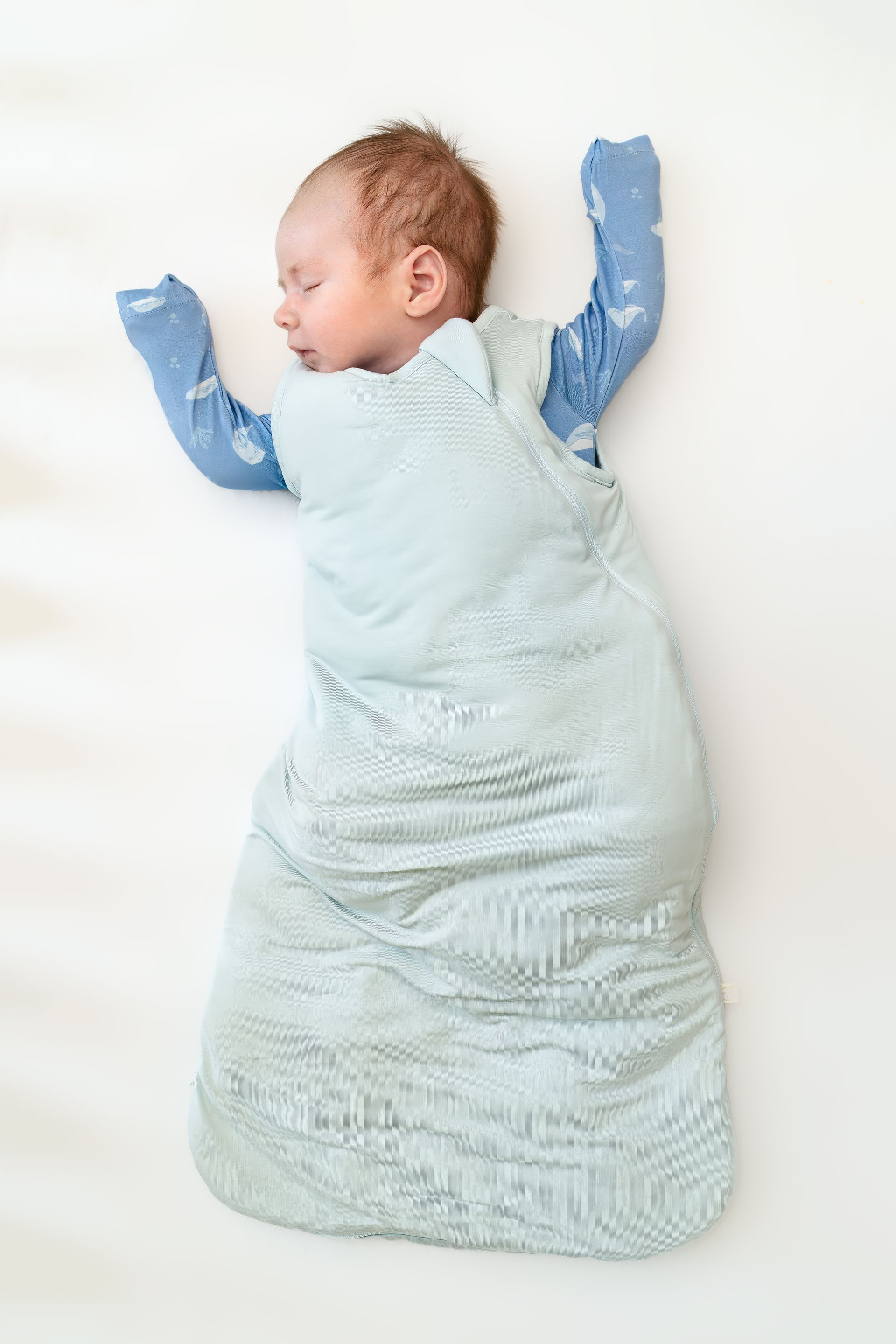Accommodating Your Children’s Sleep in Ramadan
Every year, the month of Ramadan reminds muslims all over the world to focus on the virtues of compassion, gratefulness, generosity, peace, piety, and kindness in general. It is also a month of celebration, family gatherings, late nights and shared meals. And the fact that we can only eat and drink after sunset means that most of us are usually up and active from Iftar time (sunset) until the wee hours of the morning, or Suhoor (sunrise).
How does this impact our children? This usually means that they are also up playing with friends and cousins, sharing meals with family and staying up late in the night as the adults relax from a day of fasting and prayer.
As we know, our sleep is governed by our biological clocks which are closely linked to sunlight and darkness. This means that children and adults alike are meant to be awake during the hours that the sun is up and are supposed to go to sleep when darkness sets in. When we keep our children up late at night, we create an imbalance in the hormones associated with the sleep and wake-up cycle (melatonin and cortisol), and this has a direct impact on the quality and quantity of sleep they get at night. Given that children need much more sleep than adults do, this hormonal imbalance invariably leads to tired and sleep-deprived children.
Thankfully, with a little flexibility and juggling of schedules, we can have a little bit of both: give our children the healthy sleep they need to be able to rest and function the next day, and enjoy our Ramadan evenings that we so look forward to from year to year. Here are a few ideas that can help you work around the different issues that may come up.
They are up so early!
Routines help children thrive and flourish. Maintaining a sleep routine that respects children’s biological sleep needs means that they should wake up and go to sleep at the same time every day. And with circadian rhythms being so dependent on sunlight, our children wake up earlier than suits us in Ramadan, especially if we have been up until Suhoor. For older children, set up constructive morning activities that they can do without much adult supervision. This will lower the pressure on the parents and keep the children engaged. For younger babes, this becomes a little more difficult since they rely so much more on their parents. Have the care providers take turns in doing morning duty. The week can be split between mom and dad and while one is entertaining baby, the other can sleep in!
Naps? What naps?
I’ll be the first to acknowledge that carving out nap time when your daily routine has changed can be difficult. And yet naps a vital tool through which younger children catch up on their sleep. So priortize naps and think about it as your own free time. I get so much work done when my kids are napping. I also get to catch up on TV time, prepare meals and even sneak in a nap sometimes!
I don’t have time for the early bedtime routine…
An early bedtime is one of the cornerstones of healthy sleep. The reason for this lies behind the way we sleep. We sleep in cycles made up of light, deep and REM portions. While each portion plays a role in nourishing our body and mind, it is during the deep sleep parts of the cycle that the body is physically restored. Cycles that happen prior to midnight are composed of the largest portions of deep sleep so in order for kids to obtain the most physically restorative sleep, they need to go to bed well before midnight.
At this time, parents all over the world will tell me: “but my kids’ usual early bedtime coincides with Iftar! I don’t have time to put them to bed!”. And: “I want to relax and enjoy my evening and I don’t want to have to worry about bedtime. The most enjoyable moments happen after Iftar anyways!” To all of this I say, when there is a will, there is a way. We just need to do a few creative schedule adjustments:
* Younger children can eat separately so you can move their bedtime to slightly before Iftar, allowing you to prepare for the meal without a child in tow.
* Enlist help so that father, nanny or grandmother can help with the children’s bedtime routine and put them to sleep. You can then come in to just give some good night hugs and kisses, giving you ample time to get the Iftar table ready..
* For older children, you can move their bedtime to slightly after Iftar so that they can enjoy the special meal with their family and go to bed close enough to their usual time.
* You can host meals at your house instead of going to friends’ houses so that your children can go to bed at an acceptable time.
* If eating out, change your baby or child into their pajamas at the end of the meal. That way, if they fall asleep on the ride back, you can transfer them into bed right away. If they wake up during the transfer, do the last 2 steps of their bedtime routine and put them in their crib/bed.
* Alternatively, when going to visit and share a meal with friends or family, you can take along a pack-n-play and identify the most conducive for sleep space for your children. Your children can start their night sleep there and you can move them home when you are ready to go.
We definitely do not have to be ruled by a strict schedule for our children’s sleep, but let’s remember that a sleep deprived child is terrible company. So why not find a compromise that allows us to both enjoy the much anticipated Ramadan traditions and allow our children to sleep when they need to!





